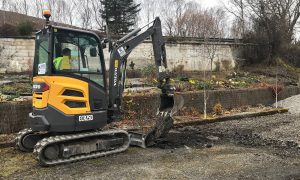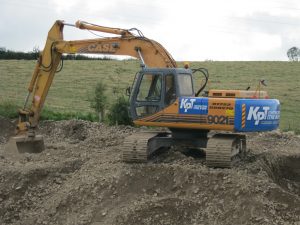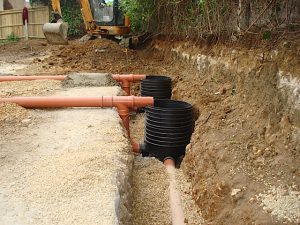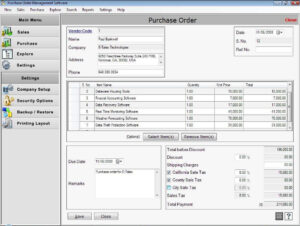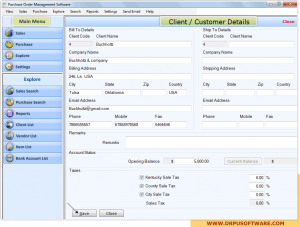Block Paving Is an Environmental Investment
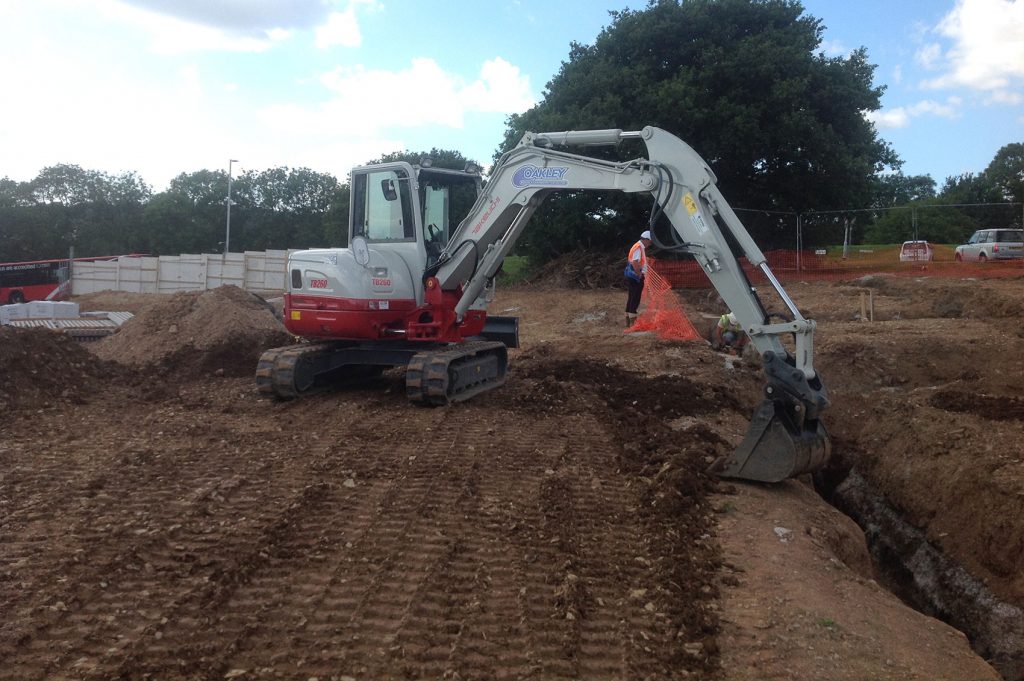
There are some fantastic examples of block paving in Cambridge, all of which add charm to the outside spaces in which there’re able to be found. Paving bricks are available in a variety of forms and colours and offer steady, reliable surfaces underfoot. All are durable for many years of low-maintenance service. The type of block selected will decide the type of maintenance needed. Proper, normal maintenance will make certain your block paving investment is protected for the long-term.
Kinds Of Block Paving
Be sure to know which type of paving is put in before performing upkeep. Usually, there are two kinds of block paving offered, permeable and impenetrable. A porous block paving is produced in order that water can run through it, and drain into the ground below. An impervious paving does not allow water to circulate through it, but instead, water flows off the surface of your paving and over adjoining surfaces. Impervious paving can be set up to permit water to drain in between the paving, providing it a equivalent element towards the permeable paving. Permeable paving can be more sensitive than impermeable paving, and roughly employed maintenance procedures might result in early crumbling of ends and sides. www.eks-construction.co.uk
The kind of block selected can also rely on the purpose and location of the installation. Ecological aspects play an increasingly considerable component in the management of water in metropolitan locations. Impenetrable paving redirects storm water into water treatment plants but is generally sturdier than permeable blocks. Porous paving allows storm runoff to get filtered by the ground on which it falls. Porous paving is now the preferred alternative because it reduces pressure on public water treatment services.
Crumbled Paving Could Imply Trouble
Crumbled paving may reveal incorrect installation. Replacing these might be essential to prevent falls. When replacing blocks, make sure you verify the base more than which they were installed. Set up of either type of block paving is similar. The earth under is excavated of all-natural soil and filled with gravel and sand. This base offers stability for the paving and will prevent them from damage in the future.
Upkeep Suggestions To Retain Beauty And Function
Both types of paving will need regular upkeep to preserve their beauty and function. Over time, the gaps in between impervious blocks will grow to be blocked with soil along with other debris, which will hinder their drainage function. It could be anticipated that this build up of silt will trigger a sluggish loss of function as time passes; research show it stabilises out among 3 to six years.
Regularly brushing off debris will stop staining and also the development of moss or weeds. When silt, moss or weeds turn out to be unmanageable, a power washer may be employed to remove them. Nevertheless, care must be taken to not dislodge too much of the jointing sand between the paving stones. More caustic cleaners applied with a soft brush could be necessary for persistent unsightly stains or rooted moss and mildew. Be sure to add additional joint sand if any was dislodged. Proper sanding will secure the firmness of the block and sealing the blocks could decrease or eliminate upkeep completely.


